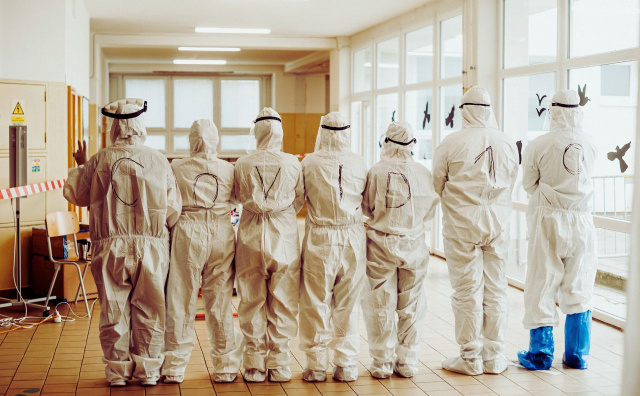Copyright novinite

With the arrival of autumn, respiratory illnesses are once again on the rise across Bulgaria, with doctors noting a noticeable increase in COVID-19 infections. Medical professionals say the uptick is expected as colder weather drives people indoors, creating conditions for the virus to spread more easily. According to general practitioner Dr. Gergana Nikolova, about one-third of her patients currently test positive for COVID-19. She emphasized that while the rise in cases should not cause panic, people must remain cautious and proactive about their health. “It is normal for coronavirus cases to increase because we spend more time inside. This should not alarm us. What’s important is that vaccination is being carried out intensively,” Dr. Nikolova told Nova TV. Interest in immunization has grown significantly this season, both for COVID-19 and influenza. Dr. Nikolova noted that over the past ten days, her office has administered more than 150 vaccine doses, with demand continuing to climb. However, she warned that pharmacies are already running low on over-the-counter vaccines, leaving medical offices as one of the few remaining sources. Most of the available doses, she said, are reserved for people over the age of 65. Doctors are also drawing attention to the fact that the symptoms of COVID-19 and the seasonal flu are now strikingly similar, which can make early diagnosis more difficult. Both illnesses typically start with a high temperature, sore throat, and general fatigue or dryness in the throat. For this reason, physicians are urging patients to undergo testing rather than trying to self-diagnose. “It’s very important to know what exactly we are treating, because flu therapy is specific,” Dr. Nikolova explained. “Even with COVID-19, some patients continue to lose their sense of taste and smell, so testing remains essential.” She also cautioned against the widespread use of antibiotics to treat viral infections, reminding patients that a fever alone is not a reason to start such medication without proper medical advice. Looking ahead, doctors expect the seasonal flu to reach its peak in the early months of next year. “The flu wave usually hits hardest in January and February,” Dr. Nikolova said, advising people to take preventive measures early and to seek vaccination while supplies remain available.



